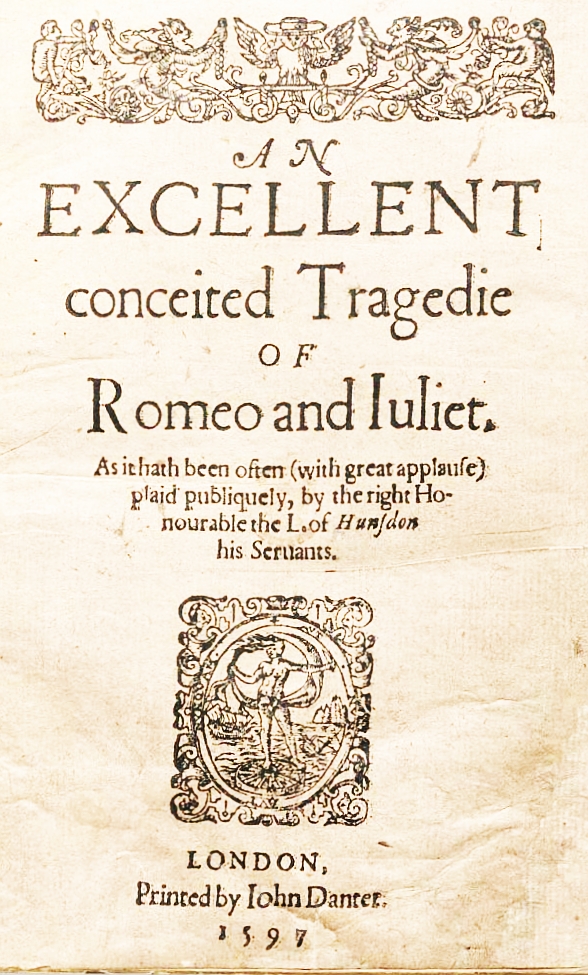 Every few years, there is a new, and generally assumed to be improved, translation of a major literary classic. Robert Fagles (The Iliad, The Odyssey, and The Aeneid), Richard Pevear and Larissa Volokhonsky (Anna Karenina and The Brothers Karamazov), Robert and Jean Hollander (Dante’s Divine Comedy) are just a few who have published new translations. Now comes a proposal and a plan from the Oregon Shakespeare Festival to translate the bard’s plays into contemporary English. The response from many has been overwhelmingly negative, as expressed in a recent New York Times op-ed by James Shapiro. What interests us in this post is not so much the objections to tinkering with Shakespeare’s language. Rather, we wonder why we commonly accept that translations need to be continually updated for a current readership but find the Oregon Shakespeare Festival’s idea so unacceptable. What’s your view? We welcome your comments. First, take a look at an excerpt from the article:
Every few years, there is a new, and generally assumed to be improved, translation of a major literary classic. Robert Fagles (The Iliad, The Odyssey, and The Aeneid), Richard Pevear and Larissa Volokhonsky (Anna Karenina and The Brothers Karamazov), Robert and Jean Hollander (Dante’s Divine Comedy) are just a few who have published new translations. Now comes a proposal and a plan from the Oregon Shakespeare Festival to translate the bard’s plays into contemporary English. The response from many has been overwhelmingly negative, as expressed in a recent New York Times op-ed by James Shapiro. What interests us in this post is not so much the objections to tinkering with Shakespeare’s language. Rather, we wonder why we commonly accept that translations need to be continually updated for a current readership but find the Oregon Shakespeare Festival’s idea so unacceptable. What’s your view? We welcome your comments. First, take a look at an excerpt from the article:
The Oregon Shakespeare Festival has decided that Shakespeare’s language is too difficult for today’s audiences to understand. It recently announced that over the next three years, it will commission 36 playwrights to translate all of Shakespeare’s plays into modern English.
Many in the theater community have known that this day was coming, though it doesn’t lessen the shock. The Oregon Shakespeare Festival has been one of the stars in the Shakespeare firmament since it was founded in 1935. While the festival’s organizers insist that they also remain committed to staging Shakespeare’s works in his own words, they have set a disturbing precedent. Other venues, including the Alabama Shakespeare Festival, the University of Utah and Orlando Shakespeare Theater, have already signed on to produce some of these translations.
Click here to read the full article.
Why do we continually update translations of classics while retaining the text in its original language? Why are we OK with updates of foreign-language works but not with an update of Shakespeare’s work? Do you see advantages to the Oregon festival’s experiment, downsides, or both? Do your feelings about updating Shakespeare change depending on whether it’s for performance or for reading the text?
We’d love to hear your views!


